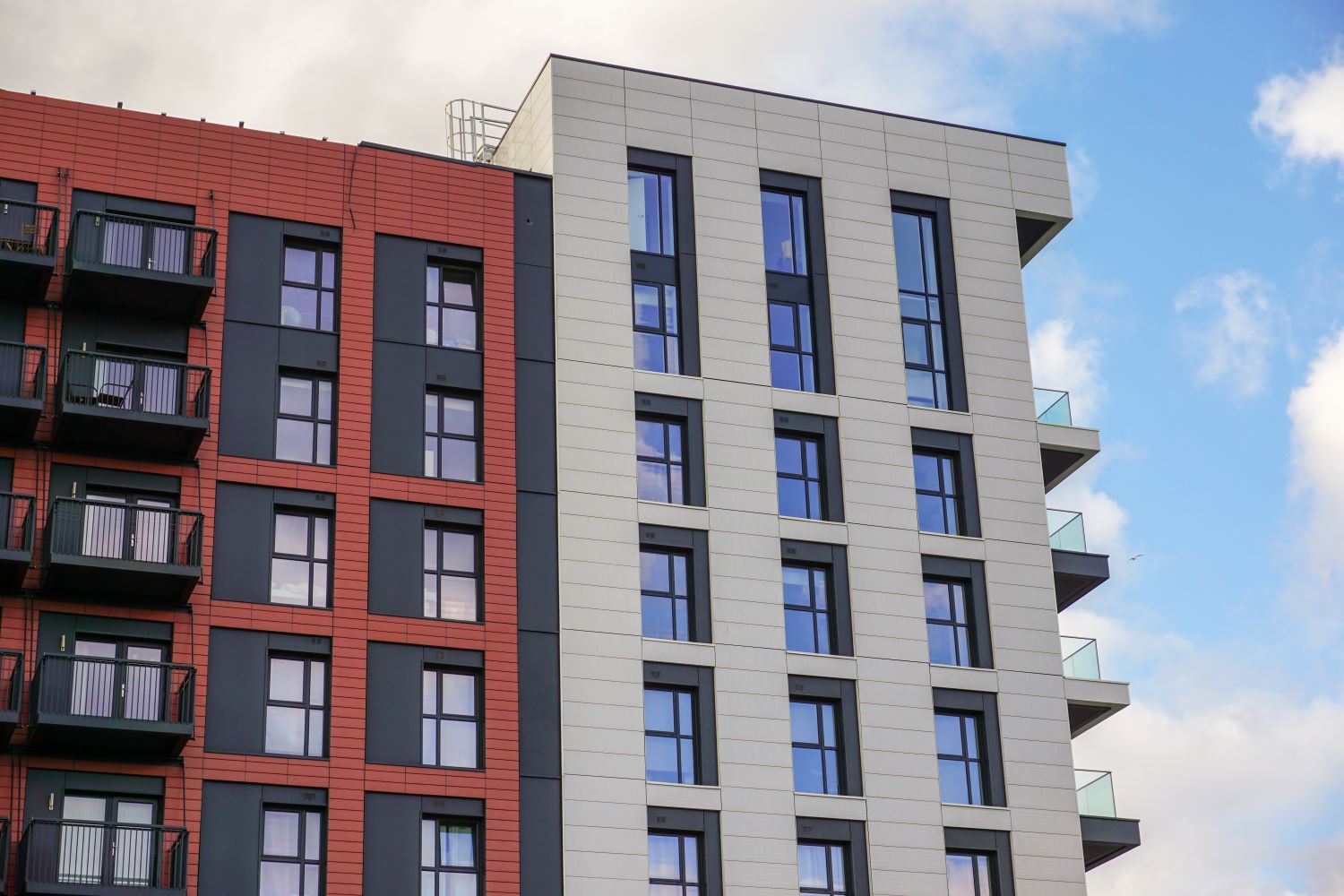As everyone continues to navigate their way through the legislation within the Building Safety Act 2022 (BSA), the Upper Tribunal (UT) has recently made a judgement on an appeal which will help to provide clarity on certain provisions within the BSA, as well as details on when costs conditions may be imposed in Section 20 dispensation applications.
Adriatics Land 5 Limited v Leaseholders at Hippersley Point (2023) UKUT 271 (LC)
The building is a 10 storey mixed use building, over 18 metres in height and has a commercial premises on the ground floor, with 32 residential flats above. The building is therefore considered a higher-risk building within the BSA.
The case itself dates back to 2020 when following investigations the freeholder established that the building required substantial remedial works due to fire risks and required interim fire safety measures to be put in place. These works were qualifying works, which meant that the freeholder needed to consult leaseholders under Section 20 of the Landlord and Tenant Act 1985 (LTA), but due to the urgency of the works the freeholder applied to the First-tier Tribunal (FTT) for dispensation.
The FTT verdict and review decisions
In December 2021 the FTT granted dispensation with minimal difficulty, as there was a clear need for the freeholder to carry out the necessary works to make the building safe, and it was impossible to find any prejudice suffered by the leaseholders due to dispensation being granted as the leaseholders had not provided any comparative quotes for the required works. Dispensation was therefore given on an unconditional basis, but the FTT made an order under Section 20C of the LTA to prevent the freeholder from recovering any costs incurred during the process of seeking dispensation from the leaseholders, which is a common consequence of seeking dispensation being granted.
The freeholder appealed the decision preventing them from recovering their costs incurred, which led the FTT to review their decision. Following the review in June 2022 the FTT overturned the Section 20C order because no one had made an application for the order. However, the FTT instead made the grant of dispensation conditional upon the freeholder not recovering their costs (the Costs Condition), which effectively had the same effect as the original Section 20C order, which somewhat inevitably led to the freeholder appealing the FTT’s reviewed decision to the UT.
The Upper Tribunal’s verdict
The UT had to decide whether the FTT’s decision to enforce the Costs Condition could be upheld. However, due to the amount of time having passed whilst the case was taking place, the UT also had a further consideration to make, which was the impact of leaseholder protections in para 9 to sch.8 of the BSA, which came into effect on the 28 June 2022.
The UT found that the Costs Condition imposed could not be upheld due to a number of reasons. Firstly, the relevant parties had not made submissions for the Costs Condition to be imposed, similar to what the FTT had recognised when setting aside the Section 20C order. Additionally, the UT stated that it could be argued that the freeholder was acting in the best interests of the leaseholders when seeking dispensation as they were looking to make the building safe as quickly as possible.
Next the UT had to consider whether the recovery of the freeholder’s costs was impacted by Para 9 to Sch.8 of the BSA, which is detailed below:
Para 9, Sch 8. of the BSA:
“No service charge payable
for legal or professional services relating to liability for relevant defects
(1) No service charge is payable under a qualifying lease in respect of legal or other professional services relating to the liability (or potential liability) of any person incurred as a result of a relevant defect.
(2) In this paragraph the reference to services includes services provided in connection with—
(a) obtaining legal advice,
(b) any proceedings before a court or tribunal,
(c) arbitration, or
(d) mediation.”
When coming to their decision the UT highlighted the use of the wording ‘legal or other professional services relating to the liability’ as the big question, and recognised that those words are very wide and can encompass a lot. The UT therefore decided that it would be hard to argue that the cost of the dispensation application did not relate to works to fix the relevant defect and therefore in this case, the costs in question would be impacted upon by Para 9 of the BSA. However, the next consideration the UT had to make was whether the contents of Para 9 of the BSA impacted upon this case, as they came into effect after the case had already began. On this the UT concluded that the legislation stated that no service charge is payable for a qualifying lease for the costs of the services in question within this case, and it did not matter when these costs were incurred. This meant that as the service charge would have been payable after the introduction of this legislation, it did impact upon the case and therefore was not payable.
Conclusion
The UT’s decision helps to provide some clarity on a number of aspects. To begin with it shows that it should not be assumed that a costs condition or Section 20C order should always be given when dispensation is granted and the FTT should consider all circumstances when deciding on such an order or condition.
The potentially large impact of this case is in relation to the clarification by the UT of the interpretation of Para 9, Sch 8 of the BSA and how all-encompassing it may be, which could lead to it protecting leaseholders with qualifying leases from a number of costs falling within the description of ‘legal and professional costs’, even if they were incurred before 28 June 2022.




